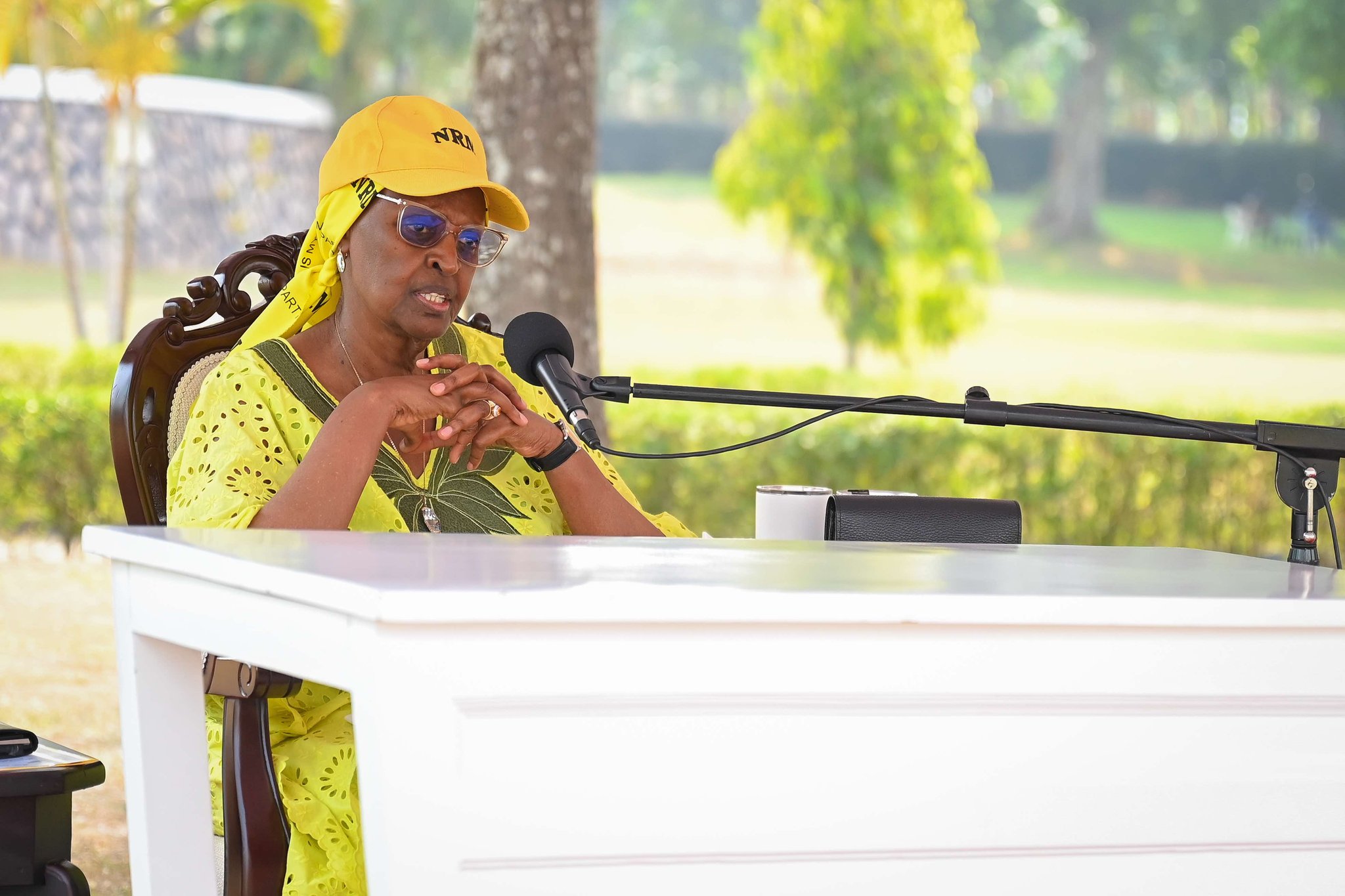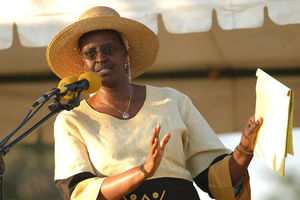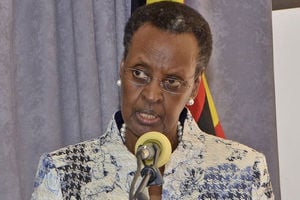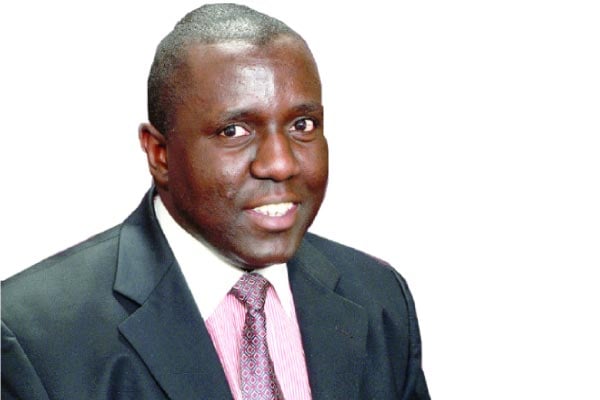
Mr Nicholas Sengoba
During the French Revolution of 1789 Marie Antoinette, wife of King Louis XVI and privileged Queen of France was controversially made very famous by four words. It was claimed that on hearing peasants were finding it hard to put bread; a cheap staple food, on the table the Queen advised them to go for a more expensive alternative, thus ‘let them eat cake.’ Research shows the words were falsely ascribed to her. But they became part of journalistic cliché for those oblivious and insensitive to the circumstance of the charges for whom they proffer idealistic advice and solutions.
Uganda had a Marie Antoinette moment. The first lady and Minister of Education and Sports, Hon. Janet Charlotte Kainembabazi Kataaha Museveni suggested that parents pack eggs and milk as lunch for their school-going children. It was a follow-up on an earlier advisory that parents should buy flasks and other containers to pack warm food for their children. The Uganda National Bureau of Statistics (UBOS) in 2022 unveiled the country’s first multi-dimensional poverty index. It revealed that up to 42.1 percent of Uganda’s population lack in several social and economic aspects for a normal human being.
Over 18 million Ugandans lacked access to education, health services, financial inclusion, employment and experienced low quality of living standards. Most families in the slums and rural areas can hardly afford one basic meal a day and some send their barefooted children to study under trees. In UPE schools the government pays about Shs20,000 per student per year. A tray of 25 eggs costs about Shs12,000. At a rate of two eggs per child a day, four children will knock one tray out in less than a week. We shall leave the milk and the cost of the food flask out. Mama Janet, as she is popularly known, is a highly trained teacher with degrees in Education from Makerere and the Uganda Christian University. Her ministry is formulating policies to make university degrees mandatory for all teachers.
When stretched, the average Ugandan teacher earns less than Shs700,000, can’t afford school fees for their own children, yet they will have to pay their own tuition.In Uganda, almost everyday you hear leaders talk like they have strayed from reality. There is the perennial ‘you must be job creators and not job seekers’ from people who are beyond retirement age but sticking like ticks onto government jobs. Or the ones who steal government funds but implore people to stop being lazy, embrace honest hard work, and take advantage of the numerous policies put in place by government to move themselves out of poverty.
Also the ones who dismiss concerns about security and criminality as ‘the work of obscurantists’. Then they ride in motorcades with legions of soldiers armed to the teeth. It is now the norm for politicians whose salaries and allowances are ever increasing, telling teachers and doctors to be patriotic and learn to sacrifice because the resource envelope cannot accommodate their needs.
Many of these leaders studied on public funds but are now asking students to pay their own tuition and internship to become doctors or go for cheaper courses . But what happens to leaders that when they join the higher echelons of power, that they no longer understand the situation of those they lead? Why do they find it hard to put themselves in the shoes of the underprivileged? Author Jamil Zaki asserts in his book The War For Kindness; building empathy in a fractured world, that empathy is in short supply. People struggle to understand those that are not like them but find it easy to hate them which gives birth to isolation and tribalism.
For people, especially politicians, the more powerful and privileged they become, the less likely they are to have empathy, associate with others, seek to understand them, how they feel, their fears and aspirations. This is because politicians become ‘self-sufficient’ and may not need others for anything especially material. I recall the Uganda of Idi Amin Dada in the late 70s, life for many was very tough economically and also on the security front. You had to be your brother’s keeper by sharing essential commodities like sugar. You hid your neighbour or their children in case they were ‘wanted’ and took turns to pick and drop children to and from school. These things put society together and blurred the lines that demarcate communities into tribes and religions like you have today. It helped everyone appreciate each other’s plight.
Privileged people have created their own space that is swamped with largesse that they no longer remember what it feels like to be needy. Some have spent close to four decades living large, earning outside of the world of work because they hold positions of power or are wives to those who went to the bush. They face no risk at all. If a bank loan goes bad the state takes it over. The tax payer pays for their fuel guzzling four-wheel drives so they don’t feel the potholes or relate to those who complain about them. All their bills including shopping and hospital needs which are sorted out abroad are on the backs of the people. It is this world of ease that they gradually understand, become accustomed to and speak from. What else numbs the ruling class is the fact that they are kept far away from reality by their handlers. The security around politicians will not drive them through slums and ghettos. They will be taken to high-end areas where roads are blocked to keep the plebs away ‘for security reasons.’ Worse still there will be a security operation to round up ‘criminals and idlers.’ Most times these are poor people considered an eyesore to the big people.Then there are the sycophants and social climbers who want to assure the leaders that they are very clever and taking the correct line. They will not tell them that they are naked. They are swamped with success stories of their policies. For instance they are well fed with impressive economic growth rates that have supposedly led to Uganda’s entry into the middle-income status with per capita income standing at US$1,046. Yet the armies of people who can barely afford a square meal and are deep in poverty and debt is overwhelming.
Leaders choose to believe these rosy and unrealistically success stories instead of focusing on the predicament of the people because is an indictment on them. It shows that they are the cause and the beneficiaries of the suffering of the people. That the privileges and systems they have built over time have led the people into a pit. To drown that realisation out of their conscience they opt to listening, creating and speaking about positive and idealistic tales that make them remind people to feed their children on eggs and milk they can’t afford.
Mr Sengoba is a commentator on political and social issues. x:@nsengoba







